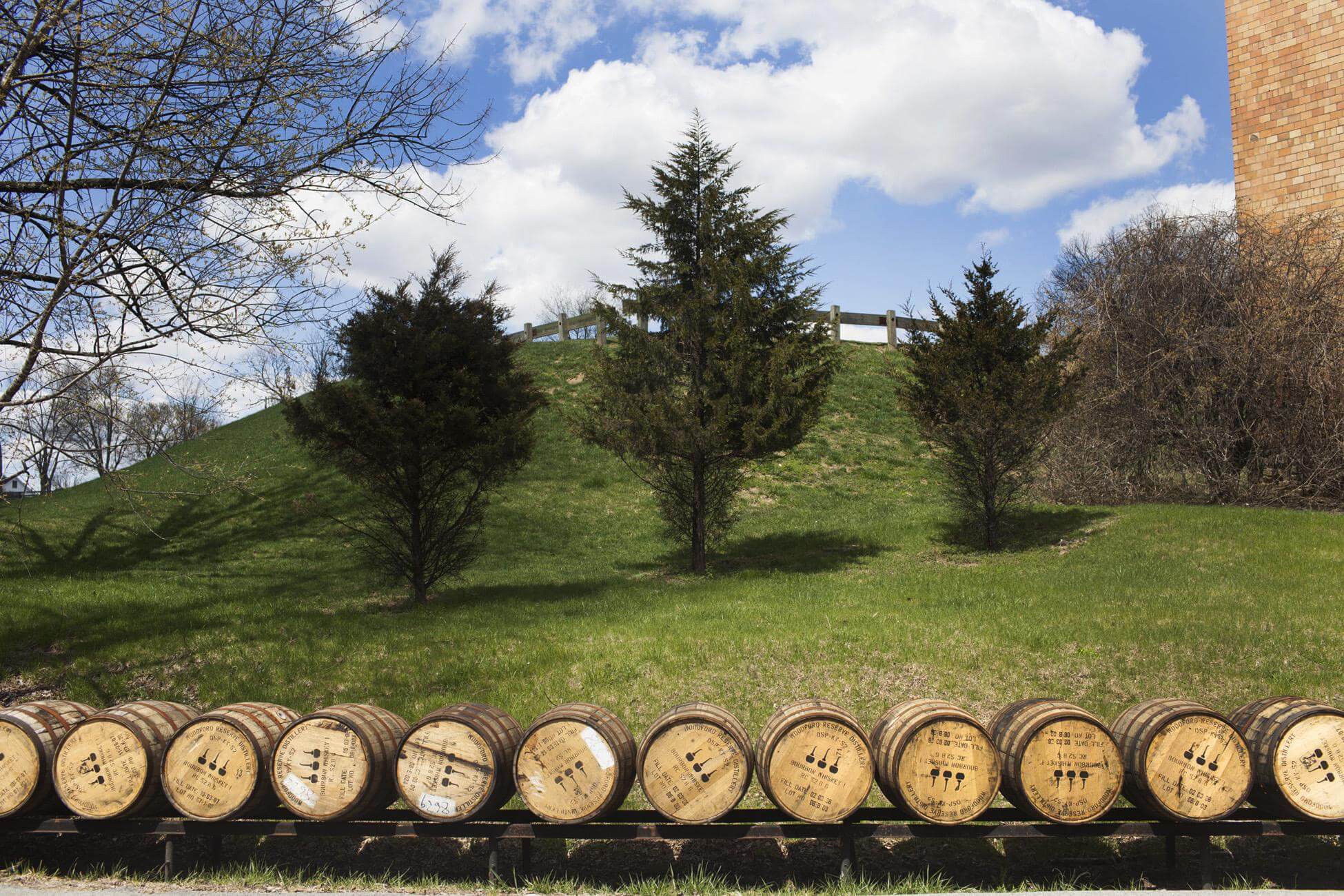
Having just spent a few weeks vacationing in a part of the US where an abundance of corn and limestone-filtered water, along with a predilection for distilled beverages led to the creation of our country’s most famous native spirit — bourbon — I’ve regained a sense of life’s priorities: family, food and fun. (And for the record, the Kentucky Bourbon Trail is a great way to spend a few days exploring that part of the world — especially if you’re a fan of the tantalizing golden brown elixir.)
Of course, while I was there, I also couldn’t help noticing what sort of technology was being used (or not) and how people think about and use tech products in that part of the country.
Within the many distilleries I visited, the tech influence was relatively modest. Sure, there were several temperature monitors on the mash and fermentation vats, a few industrial automation systems, and I did see one control room with multiple displays and a single Dell server rack that monitored the process flow of one the largest distilleries, but all-in-all, the process of making bourbon is still decidedly old school. And for the record, that just seems right.
As with many traditional industries, the distilled spirits business has begun to integrate some of the basic elements of IoT technologies. I have no doubt that it’s modestly improving their efficiency and providing them with more raw data upon which they can do some basic analysis. But it also seems clear that there are limits to how much improvement those new technologies can make. With few exceptions, the tools in place appeared to be more focused on codifying and regulating certain processes than really driving major increases in production.
Ensuring consistent product quality and maximizing output are obviously key goals across many different industries, but the investments necessary to reach these outcomes and the return on investment isn’t necessarily obvious for any but the largest companies in these various industries. And that’s a challenge that companies offering IoT solutions are going to face for some time.
What became apparent as I observed and thought about what I saw was that the technology implementations were all very practical ones. If there was a clear and obvious benefit to it, along with a comfort factor that made using it a natural part of the distillation, production or bottling process, then the companies running the distilleries seemed willing to deploy it. And if not, well, that’s why there’s still a of traditional manufacturing processes still in place.
That sense of practicality extended to the people I observed as well. People I saw there were using products like smartphones and other devices as much as people on the coasts — heck, my 93-year-old mother-in-law has an Amazon Echo to play her favorite big band music, uses an iPad every day to play games, and maintains a Gmail account to stay in touch with her children, grandchildren, and great-grandchildren — but the emphasis is very much on the practical, tool-like nature of the devices.
I also noticed a wider range of lower-cost Android phones and less iPhones being used. Of course, much of that is due to income discrepancies. The median household income in the commonwealth of Kentucky is $43,740, which is 19% lower than the US median of $53,889 according to the latest US Census Bureau data, and almost half as low as the San Francisco county median income of $81,294. Given those realities, people in many regions of the US simply don’t have the luxury to get all the latest tech gadgets whenever they come out. Again, they view tech products as more practical tools and expect them to last.
There’s also a lot more skepticism and less interest in many of the more advanced technologies the tech industry is focused on. Given the limited public transportation options, cars, trucks and other forms of personal transportation are extremely important in this (and many other) part(s) of the country — I’m convinced I saw more car dealership ads on local TV and in local newspapers than I can recall seeing anywhere — but there’s absolutely zero discussion of any kind of semi-autonomous or autonomous driving features. People simply want good-looking, moderately priced vehicles that can get them from point A to point B.
In the case of AI and potential loss of jobs, perhaps there should be more concern, but from a practical perspective, the bigger worries are about factory automation, robotics and other types of technologies that can replace traditional manufacturing jobs, which are more common in many parts of middle America.
Also, the idea that somehow nearly everything will become a service seems extraordinarily far-fetched in places similar to where I visited. That isn’t to say that we won’t see service-like business models take hold in major metropolitan areas. However, it’s much too easy to forget that most of the country, let alone the world, is not ready to accept the idea that they won’t really own anything and will simply make ongoing monthly payments to untold numbers of companies providing them with everything they need via an equally large number of individual services.
As Facebook’s Mark Zuckerberg has started to explore, an occasional view outside the rose-colored perspective of Silicon Valley can really help shape your perspective on the real role that technology is playing (or might soon play) in the modern world.
Bob O’Donnell is the founder and chief analyst of TECHnalysis Research, LLC a technology consulting and market research firm. You can follow him on Twitter @bobodtech. This article was originally published on Tech.pinions.
Masthead image credit: WKU Public Radio